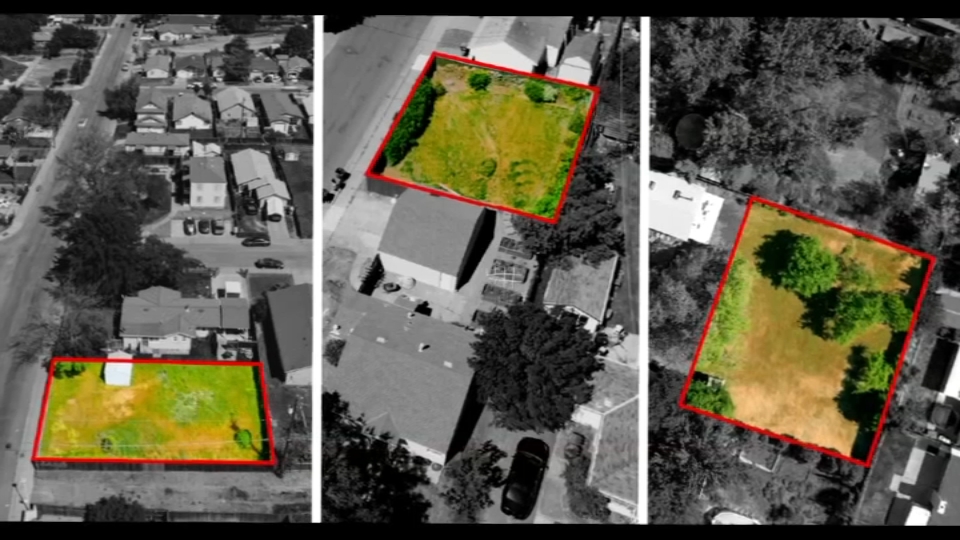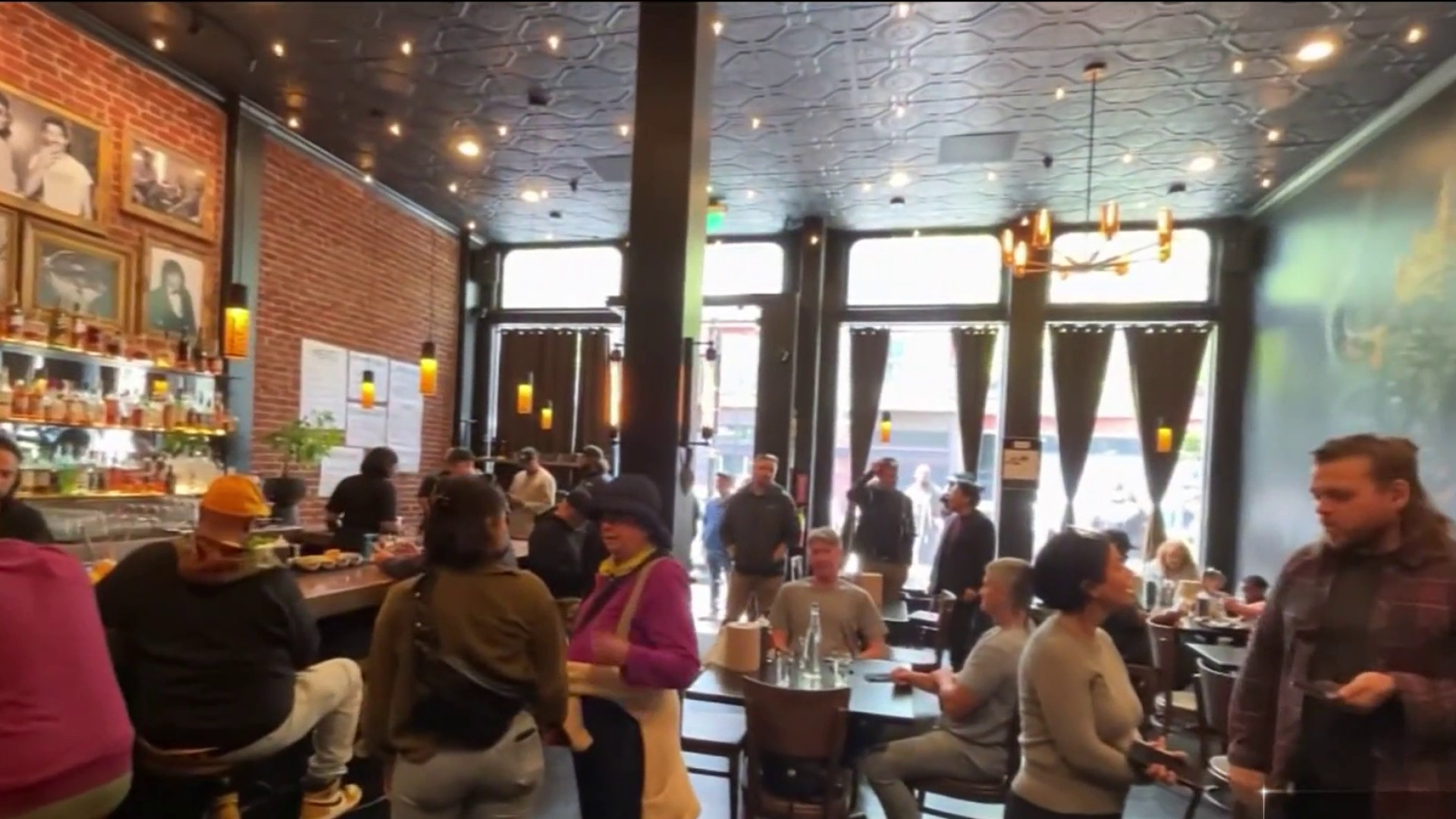From doctors and nurses to firefighters and grocery store clerks, millions of Californians are continuing to work during the coronavirus pandemic. They're risking their health -- and, in some cases, their lives -- to keep the rest of us fed, sheltered, and safe.
Most of them aren't getting paid anything extra, in spite of the risks.
Linda in Oakley says her job is considered essential, but she's not seeing a bump in her paycheck.
"I work in the dental field, and my corporation is still seeing patients whether it's a dental emergency or not," Linda told NBC Bay Area. "We are still coming into work, even though our county has been shut down with a shelter-in-place. How do I know if I am eligible for hazard pay?"
We took Linda's question to Andrew Parkhurst, an attorney with McManis Falkner in San Jose. Parkhurst says there's no legal requirement for "hazard pay" -- it's a bonus that employers can offer optionally, often as part of negotiations with a labor union.
"There's no general, accepted 'hazard pay' definition," Parkhurst said. "It's best not to characterize it as an entitlement. A better characterization would be as a form of incentive pay. Usually, employers offer hazard pay -- sometimes called 'premium pay' -- to entice employees to take on certain job responsibilities that maybe your average employee wouldn't want to do."
We heard from one such employee, John in Union City. He says his employer -- a major grocery chain -- is offering hazard pay, but it's not much.
Local
"Most Grocery workers are getting paid less then people on EDD," John said. "I'm getting hazard pay of $2 an hour, which is $16 a day to work on the front lines. We cater to over 800 people daily at my store."
Again, John's hazard pay is optional -- his employer doesn't have to pay it. Parkhurst says employees may need to ask management to consider hazard pay, if they believe they should be getting it.
"An individual employee who is not a member of a union would really need to speak with their own employer, to see if that’s an option, that they’re willing to provide,” Parkhurst said.
If your job requires you to continue working, what happens if you're exposed to the virus on the job? Parkhurst says you might be able to file for workers' compensation benefits.
"Whether or not they receive hazard pay would not impact their normal entitlements to other forms of employment law benefits, including the potential to get workers' compensation, if they can determine or show that they contracted COVID-19 through work on the job," he said.



